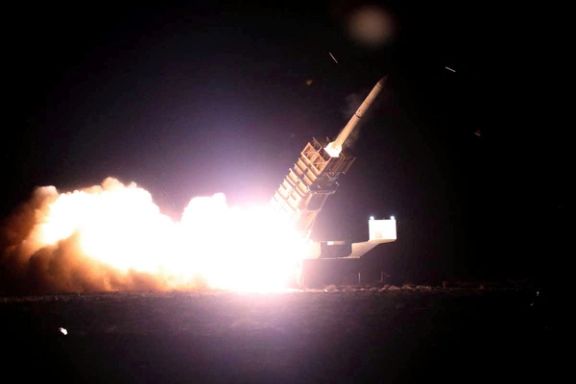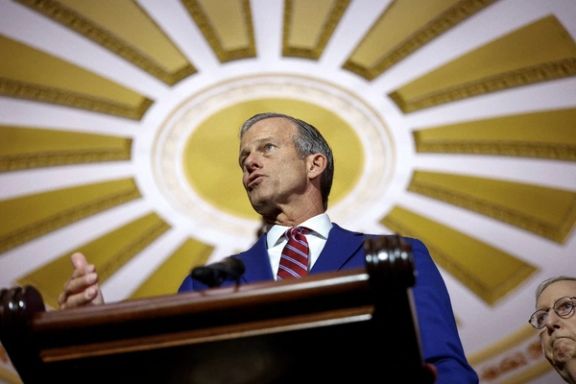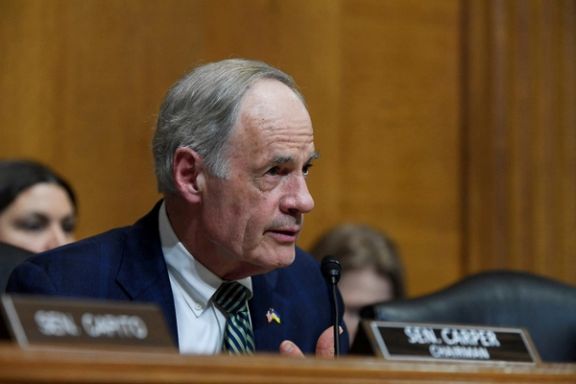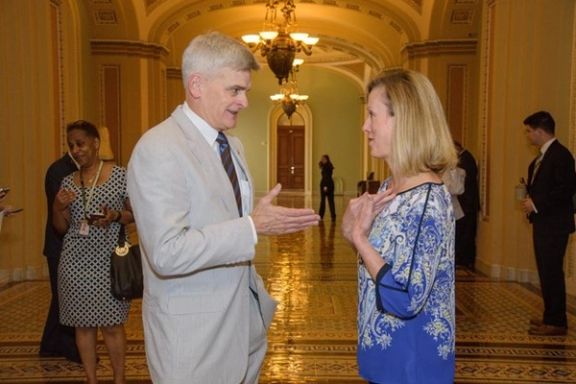Republicans Have Lost Hope For Nuclear Containment Of Iran

As Iran inches closer to military grade uranium enrichment, the question is what the Biden administration can actually do to reverse that?

As Iran inches closer to military grade uranium enrichment, the question is what the Biden administration can actually do to reverse that?
“They are so far along now, I am not sure at this point they are stoppable,” said Senator John Thune (R-SD) on the sidelines of the Senate weekly bipartisan luncheon on Tuesday.
Being the Whip for the Republican Party in the Senate, he is known to be articulate and measured in his response but when asked about Biden administration policy on Iran, Senator Thune did not mince words.
“A lot of things should have been done earlier [by the Biden administration]. I think like a lot of other national security issues, this administration has been too late to the game and in many cases, they turned a blind eye or a deaf ear to the challenges they face out there,” he said.

Democrats in the Senate have been dismissive about the news of the near weapons grade enrichment by the clerical regime. Asked if Iran’s ability to enrich uranium at 84% purity concerns him, Senator Bernie Sander said it is does but did not elaborate.
Other democratic senators in US Capitol hallways this week were not so eager to talk about it. ”I think we made a big mistake during the previous administration by pulling out of the nuclear deal with Iran,” said Senator Tom Carper (D-DE). “If we remained in that deal, we would not be in this situation.”
Former President Donald Trump pulled out of the Joint Comprehensive Plan of Action (JCPOA) almost five years ago and the some Democrats have been sticking to some version of Senator Carper’s sentiments ever since. It sounds like an excuse and it might be a good one for the domestic audience, but it’s not a strategy, nor is it a policy.

The fact is that Iran’s gradual progress in enriching ever higher than what was agreed in the JCPOA has seriously worried the West and regional countries such as Israel and oil-producing Arab countries in Iran’s neighborhood..
South Korean President Yoon Suk-yeol surprised Americans in January when he said that if the US does not deploy back its tactical nukes to the peninsula, South Korea can “acquire its own nukes”.
Coincidentally, Saudi’s energy minister Prince Abuldaziz bin Salman on the same date told a group of attendees at a mining and industry conference in Riyadh that Saudi Arabia is planning to enrich its domestic stockpile of uranium to ensure that it will be able to “complete the entire fuel cycle.”
Enriching uranium to weapons grade is one thing, putting it in a warhead attached to a ballistic missile that is capable of delivering it to medium and long range targets in a matter of minutes, is another thing.

When asked if the US can realistically slow the Iranian ICBM delivery for nukes, Senator Bill Cassidy told Iran International: “I don’t know if they can stop the formation of a bomb, maybe the need is to stop them from being able to deliver it.”
Stopping Iran from its march towards weapons grade enrichment “exceeds what I know as to our capabilities,” he added.
That means the Republicans believe Iran’s nuclear program is anything but contained. If Iran moves to 90% enrichment capacity, then the million dollar question remains: who can stop the likes of Saudis and South Koreans from going down the same path?